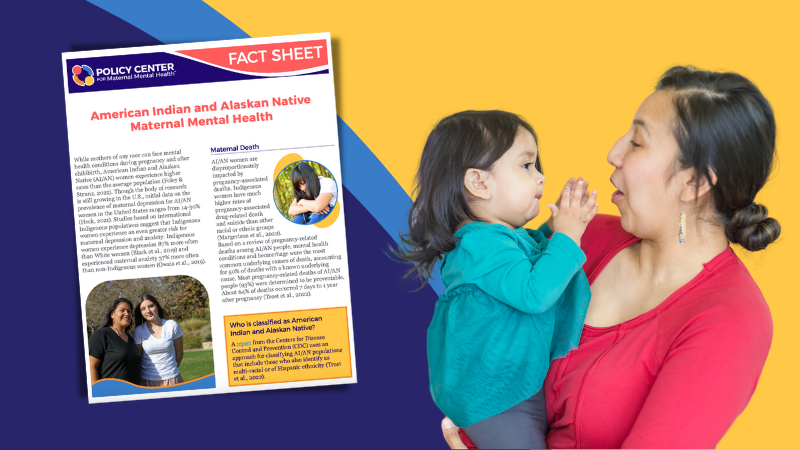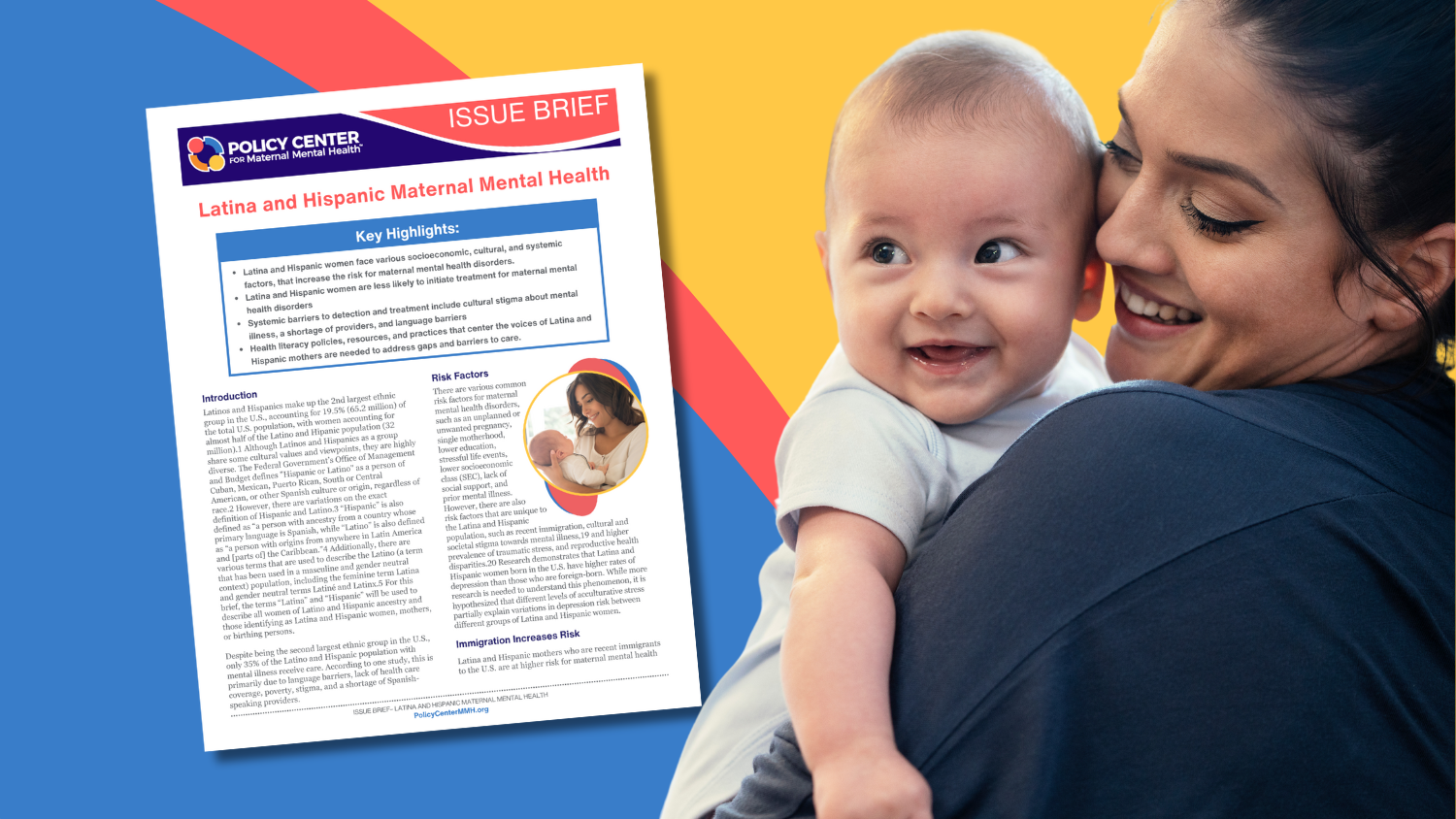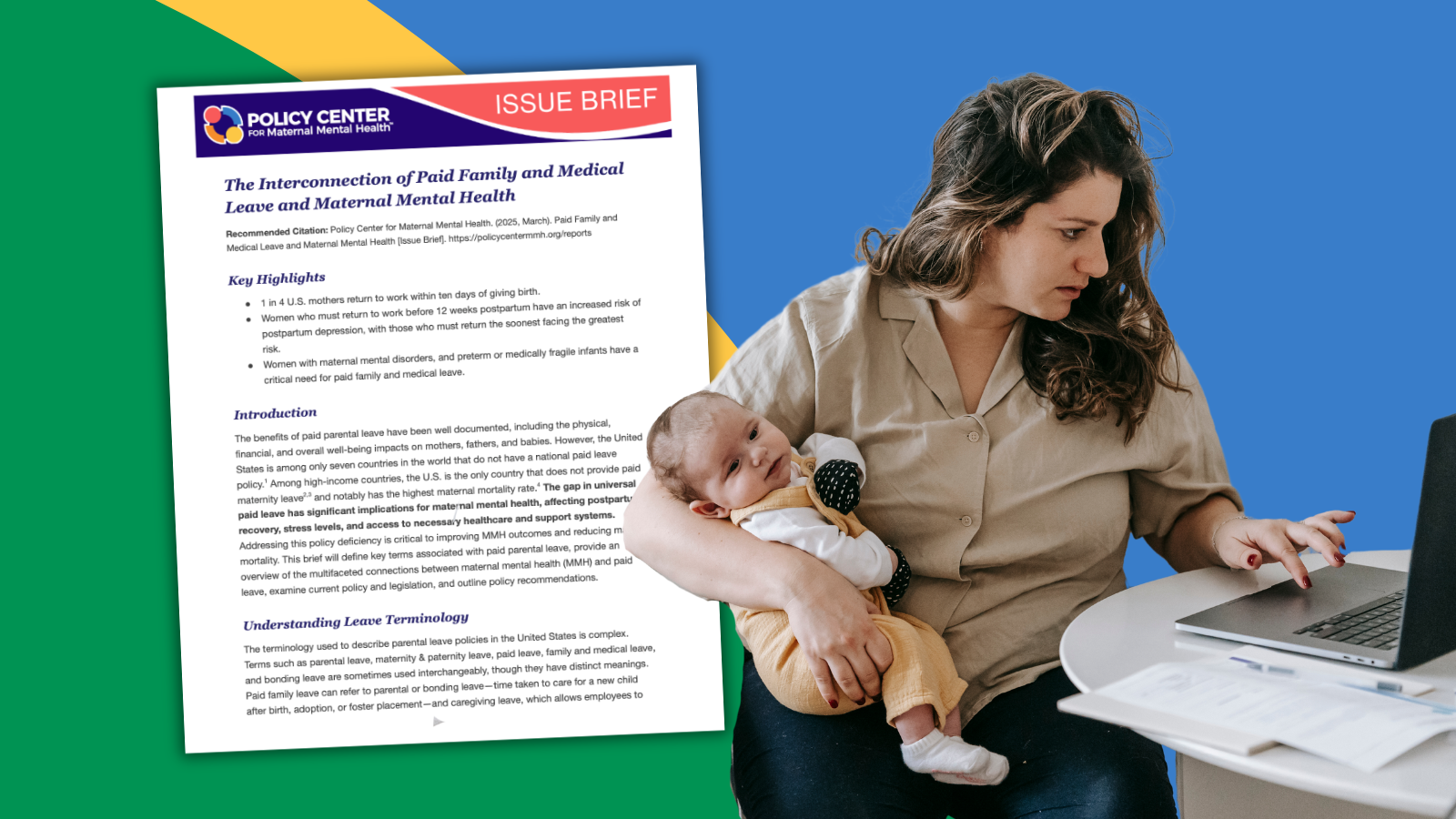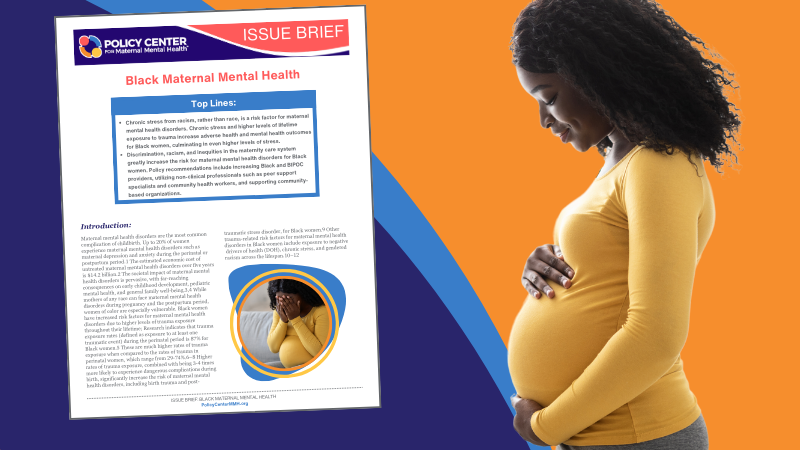While mothers of any race can face mental health conditions during pregnancy and after childbirth, American Indian and Alaskan Native (AI/AN) women experience higher rates than the average population (Foley & Strunz, 2022). Though the body of research is still growing in the U.S., initial data on the prevalence of maternal depression for AI/AN women in the United States ranges from 14-30% (Heck, 2021). Studies based on international Indigenous populations suggest that Indigenous women experience an even greater risk for maternal depression and anxiety: Indigenous women experience depression 87% more often than White women (Black et al., 2019) and experienced maternal anxiety 37% more often than non-Indigenous women (Owais et al., 2019).
Maternal Death
American Indian and Alaskan Native women are disproportionately impacted by pregnancy-associated deaths. Indigenous women have much higher rates of pregnancy-associated drug-related death and suicide than other racial or ethnic groups (Margerison et al., 2022). Based on a review of pregnancy-related deaths among AI/AN people, mental health conditions and hemorrhage were the most common underlying causes of death, accounting for 50% of deaths with a known underlying cause. Most pregnancy-related deaths of AI/AN people (93%) were determined to be preventable. About 64% of deaths occurred 7 days to 1 year after pregnancy (Trost et al., 2022).
Who is classified as American Indian and Alaskan Native?
A report from the Centers for Disease Control and Prevention (CDC) uses an approach for classifying AI/AN populations that include those who also identify as multi-racial or of Hispanic ethnicity (Trost et al., 2022).
Trauma: A Contributing Factor to Post-traumatic Stress Disorder (PTSD)
AI/AN people have almost twice the percentage of lifetime PTSD than White people (Emerson et al., 2017). This can be attributed to historical trauma from forced relocation and the prohibition of cultural and spiritual practices, leading to high levels of multigenerational psychological distress. One study found that the historical relocation of AI/AN people can elevate multigenerational risk for developing substance use disorders and increasing depression in female caretakers, perpetuating a cycle of trauma sometimes labeled as intergenerational PTSD (Walls & Whitbeck, 2012).
Intimate Partner Violence (IPV)
Research shows that AI/AN women experience the highest rates of intimate partner violence (IPV) and homicide in the US (Campbell et al., 2021). Intimate partner violence is a substantive risk factor for depression, PTSD, anxiety, and suicide (Ellsberg & Emmelin, 2014).
Inequities and Systemic Racism Lead to Stress and Adverse Outcomes
Researchers have found that racism, rather than race, increases risk for distress as increased stressors and the cumulative experience of historical trauma due to relocation, violence, and genocide negatively impact physical and mental health (Solomon et al., 2022). Gestational age at birth and gestational weight are two of the strongest indicators of long-term wellness or potential impairments for a newborn child. Indigenous women are 62% more likely to give birth prematurely than White women, leading to higher rates of low birth weight and developmental delays (March of Dimes, 2022).
Download images to share on social media.
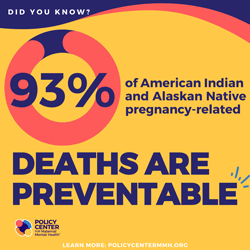
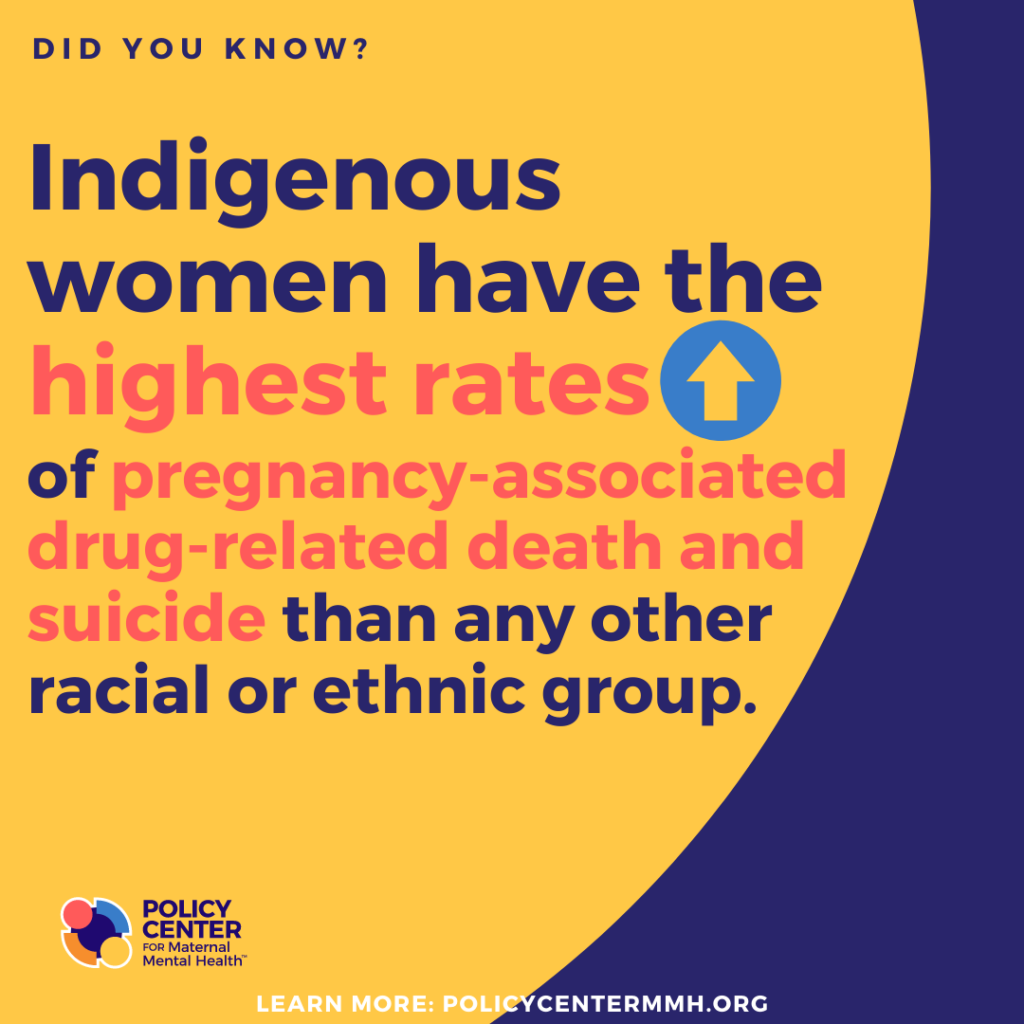
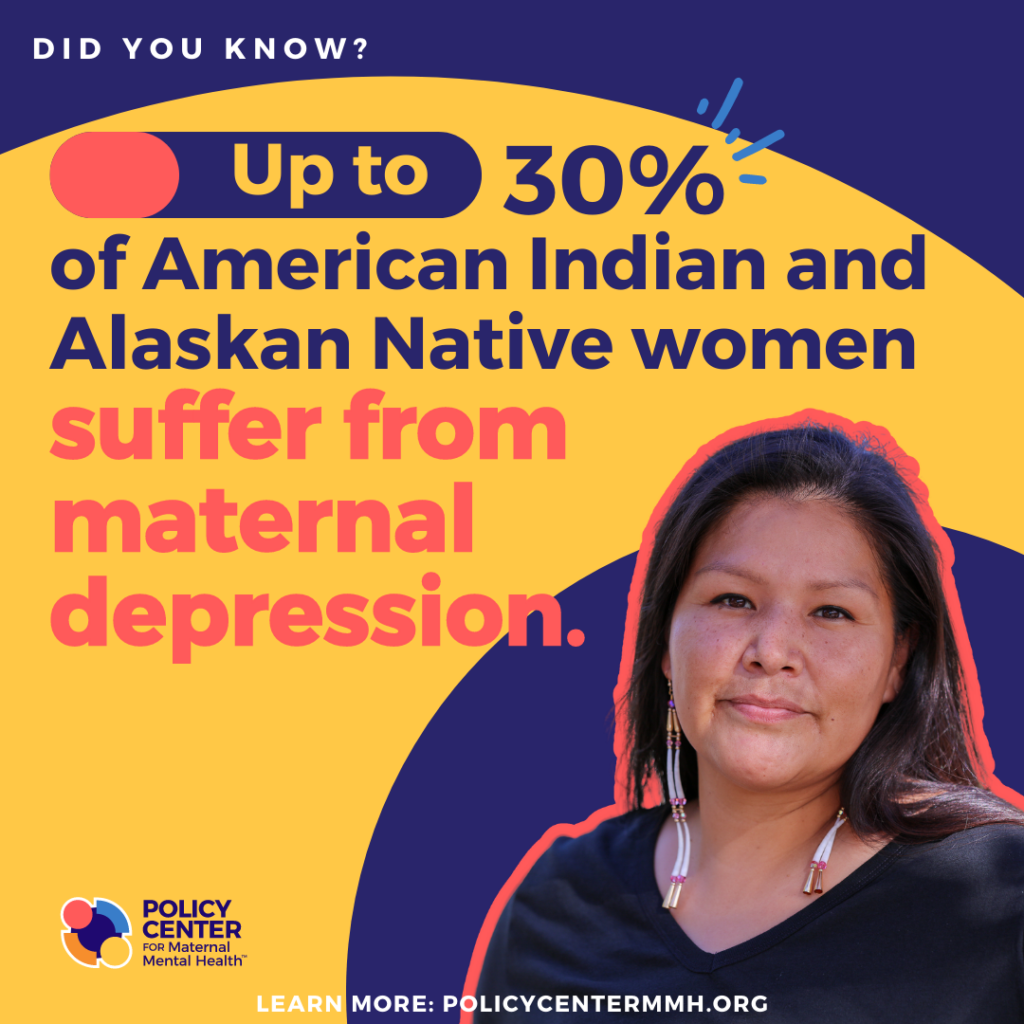
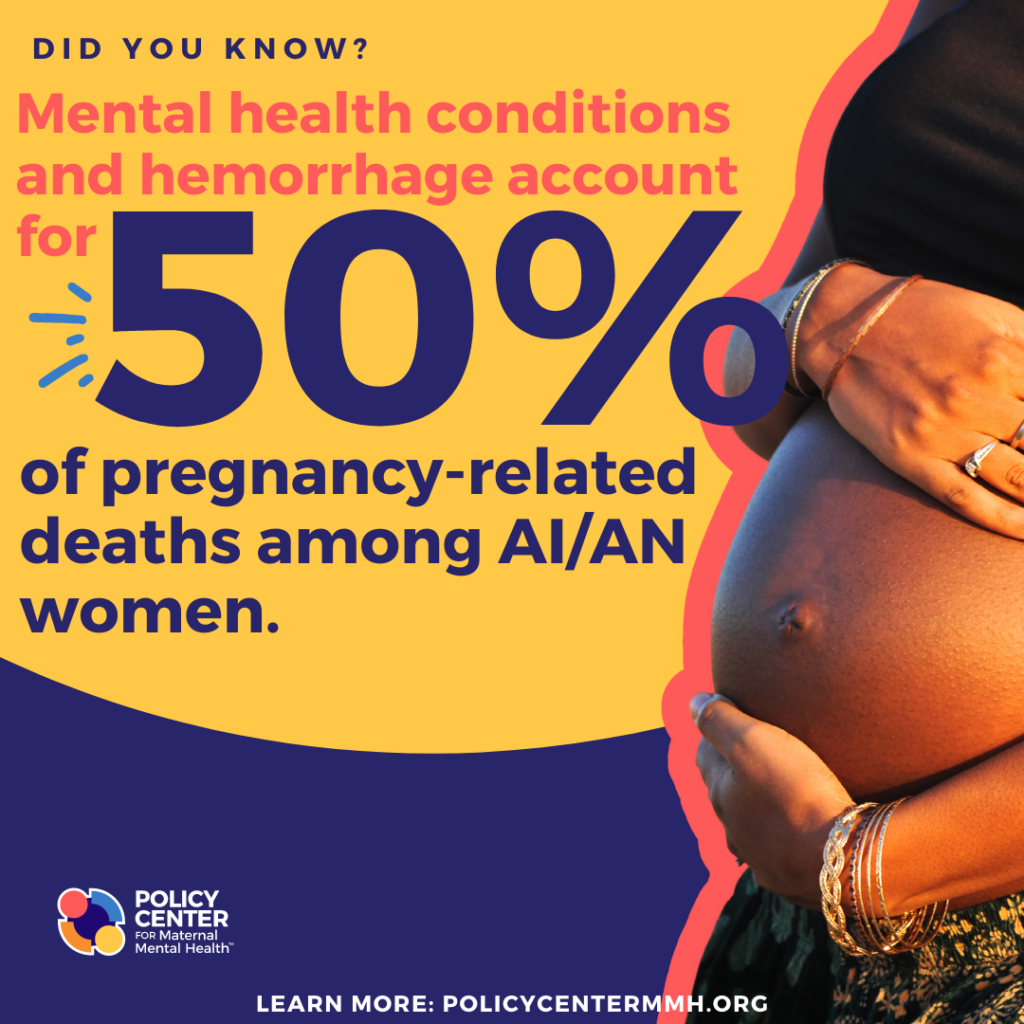
References
Black, K., MacDonald, I., Chambers, T., & Ospina, M. (2019). Postpartum mental health disorders in Indigenous women: A systematic review and meta-analysis. Journal of Obstetrics and Gynaecology Canada, 41(5), 712. https://doi.org/10.1016/j.jogc.2019.02.166
Campbell, J., Matoff-Stepp, S., Velez, M. L., Cox, H. H., & Laughon, K. (2021). Pregnancy-Associated Deaths from Homicide, Suicide, and Drug Overdose: Review of Research and the Intersection with Intimate Partner Violence. Journal of women’s health (2002), 30(2), 236–244. https://doi.org/10.1089/jwh.2020.8875
Ellsberg, M., & Emmelin, M. (2014). Intimate partner violence and mental health. Global health action, 7, 25658. https://doi.org/10.3402/gha.v7.25658
Emerson, M. A., Moore, R. S., & Caetano, R. (2017). Association between lifetime posttraumatic stress disorder and past year Alcohol Use Disorder among American Indians/Alaska Natives and non-Hispanic Whites. Alcoholism, clinical and experimental research, 41(3), 576. https://doi.org/10.1111/acer.13322
Foley, R., & Strunz, E. (2022, November 17). New resources support maternal health for American Indian and Alaska native communities. CDC Foundation. https://www.cdcfoundation.org/blog/new-resources-support-maternal-health-american-indian-and-alaska-native-communities
Heck, J. L. (2021). Postpartum depression in American Indian/Alaska native women. MCN: The American Journal of Maternal/Child Nursing, 46(1), 6-13. https://doi.org/10.1097/nmc.0000000000000671
Margerison, C. E., Roberts, M. H., Gemmill, A., & Goldman-Mellor, S. (2022). Pregnancy-Associated Deaths Due to Drugs, Suicide, and Homicide in the United States, 2010-2019. Obstetrics and gynecology, 139(2), 172–180. https://doi.org/10.1097/AOG.0000000000004649
March of Dimes. (2022). 2022 March of Dimes Report Card. https://www.marchofdimes.org/report-card
Owais, S., Faltyn, M., Johnson, A. V., Gabel, C., Downey, B., Kates, N., & Van Lieshout, R. J. (2019). The perinatal mental health of Indigenous women: A systematic review and meta-analysis. The Canadian Journal of Psychiatry, 070674371987702. https://doi.org/10.1177/0706743719877029
